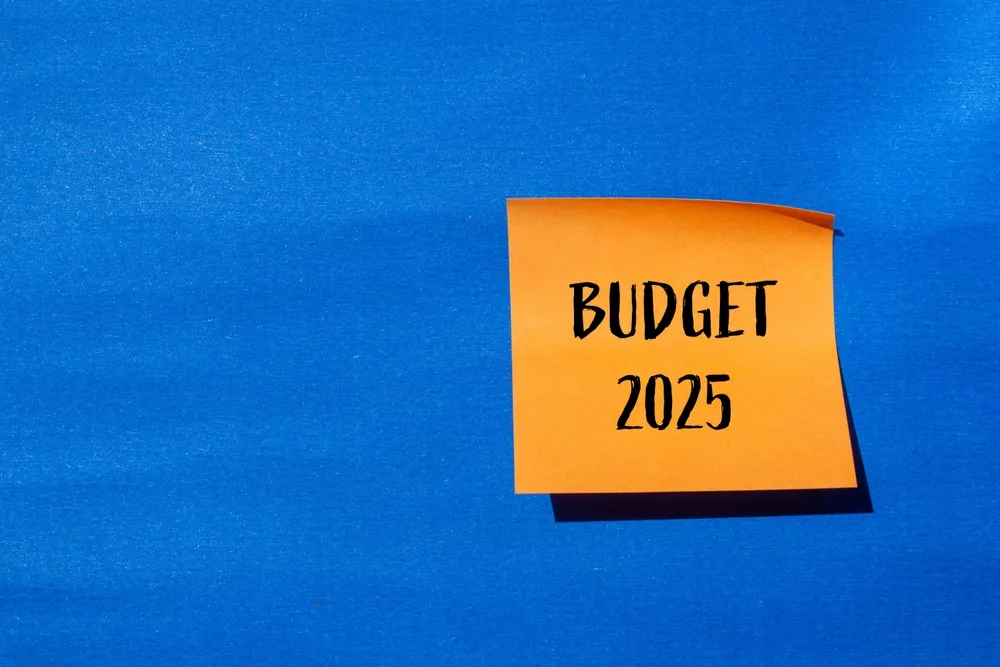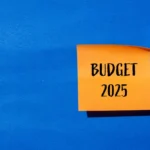Budget 2025: Key Personal Tax Changes to Expect in the Union Budget
As India braces for the Union Budget 2025, expectations around personal income tax changes are reaching a crescendo. With inflationary pressures, rising cost of living, and the need for financial relief, taxpayers are hopeful that the Budget will address some of the most pressing concerns. From revisions to the income tax slabs to exemptions and deductions, here are the top personal tax changes on the wishlist for Budget Income Tax Expectations 2025.
1. Increase in Income Tax Slabs
One of the most anticipated changes in the Union Budget 2025 is an increase in the income tax slabs. Currently, the income tax slabs for individuals in the new tax regime are set at ₹2.5 lakh, ₹5 lakh, ₹10 lakh, and ₹15 lakh, with respective tax rates ranging from 5% to 30%. However, there is a growing demand for relief from middle-class taxpayers, particularly those earning between ₹5 lakh to ₹10 lakh annually, as they are often caught in the higher tax brackets but are unable to avail themselves of many exemptions.
An increase in the basic exemption limit or the introduction of additional tax slabs could bring much-needed relief. For instance, raising the threshold for the 5% tax slab to ₹5 lakh and the 20% slab to ₹10 lakh could significantly reduce the tax burden for many salaried individuals and help ease the financial strain faced by middle-income groups.
2. Revising the Standard Deduction Limit
The standard deduction has long been one of the most beneficial tools for reducing taxable income. In Budget 2025, many are hoping for an increase in the standard deduction limit, which is currently pegged at ₹50,000. Increasing this amount would be a simple yet effective way to provide immediate relief to salaried taxpayers. With rising inflation, an increased standard deduction would allow individuals to claim higher deductions against their income, thus lowering their tax liability.
This change could also simplify the tax filing process for individuals, as the standard deduction is a flat amount that requires no supporting documents, making it easy for taxpayers to avail themselves of the benefit.
3. Taxation of Long-Term Capital Gains (LTCG)
The taxation of long-term capital gains (LTCG) has been a topic of discussion for several years, and there are expectations that the Budget 2025 may introduce changes in this regard. Currently, LTCG exceeding ₹1 lakh is taxed at 10% without the benefit of indexation under the new tax regime. There are calls for further rationalization of these tax rates or the introduction of tax-free thresholds for certain categories of investors.
The Budget may also look at aligning the treatment of capital gains from different asset classes to ensure that taxpayers are not penalized for holding investments for the long term. A more investor-friendly approach to LTCG taxation could encourage investment and savings, ultimately benefiting the overall economy.
4. Introduction of a Unified Tax Regime
While the dual tax regime introduced in previous budgets — one offering deductions and exemptions and the other offering lower tax rates but without deductions — has given taxpayers a choice, many find it confusing. The demand for a unified tax regime, where individuals can avail themselves of both exemptions and lower tax rates, has gained traction in recent years.
This move would simplify the taxation system and make tax filing easier for individuals, especially those who find the current two-regime system cumbersome. Such a change could also foster greater transparency and fairness in the tax system, benefiting all taxpayers in the long run.
5. Focus on Taxpayer Incentives for Savings and Investments
Another area where taxpayers are hoping to see changes in Budget 2025 is the introduction of incentives for increased savings and investments. While the government has provided avenues for tax-saving through various sections like 80C, 80D, and 80G, there is a growing demand for higher limits or new investment options that encourage people to save more for their future.
Raising the deduction limit for investments in retirement and pension funds, or introducing tax exemptions for health and education expenses, would encourage individuals to invest in their long-term financial well-being. With a focus on creating a culture of saving, these measures would also boost the Indian economy by increasing the flow of capital into productive sectors.
6. Simplification of Tax Filing Process
In addition to specific changes in tax rates and exemptions, taxpayers are expecting the Union Budget 2025 to include measures aimed at simplifying the tax filing process. Digital India initiatives have already transformed several aspects of financial reporting, and further streamlining of tax filings could go a long way in improving taxpayer compliance and reducing errors.
Conclusion
The Union Budget 2025 is expected to bring significant changes to the personal income tax landscape, with taxpayers hopeful for relief in the form of increased exemptions, revised income tax slabs, and simplification of the overall tax process. As India continues to evolve economically, the government must balance tax reforms with the need to ensure adequate revenue for nation-building. With these anticipated changes, the Union Budget 2025 could mark a turning point in the country’s tax policy, benefiting millions of taxpayers across the nation.







